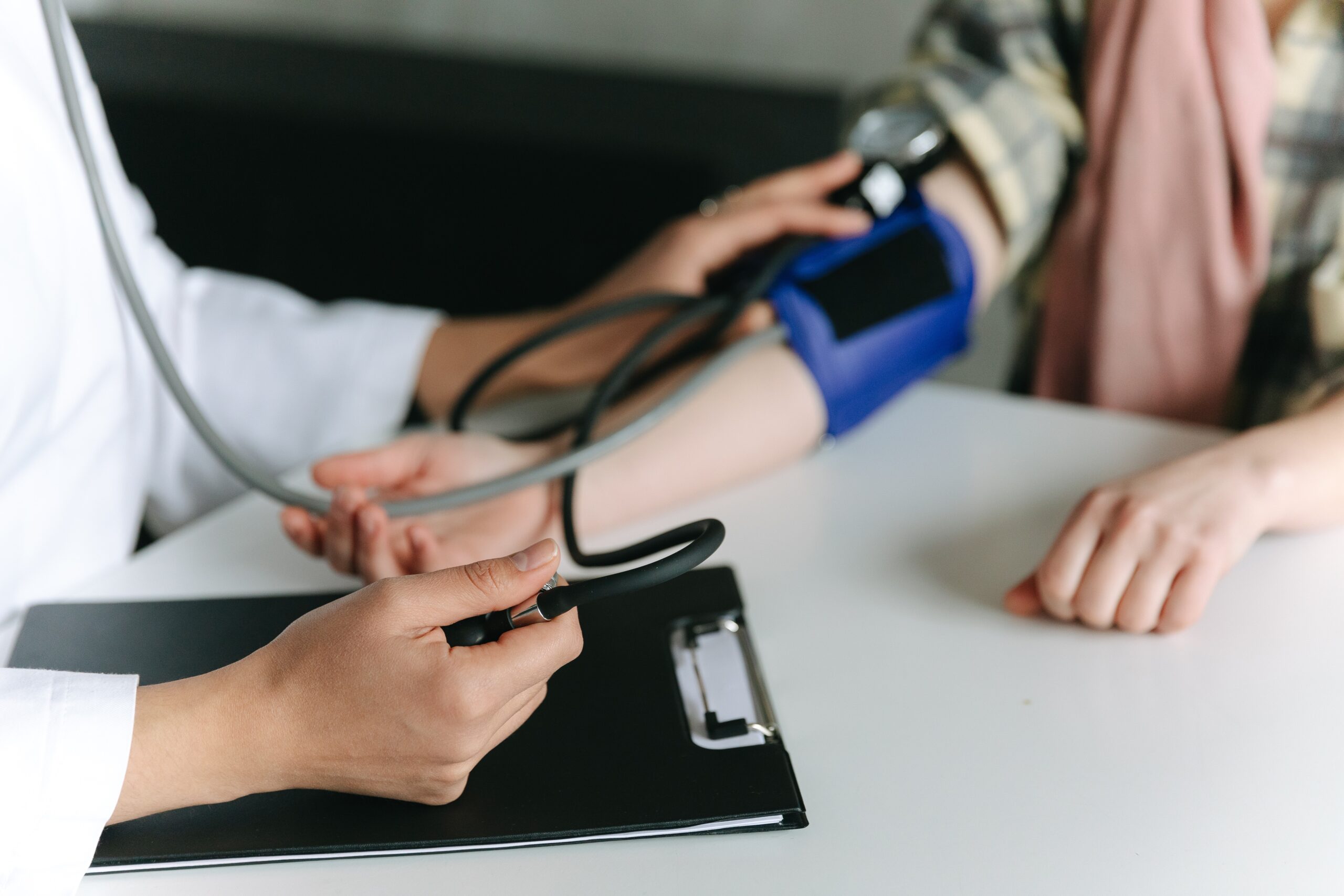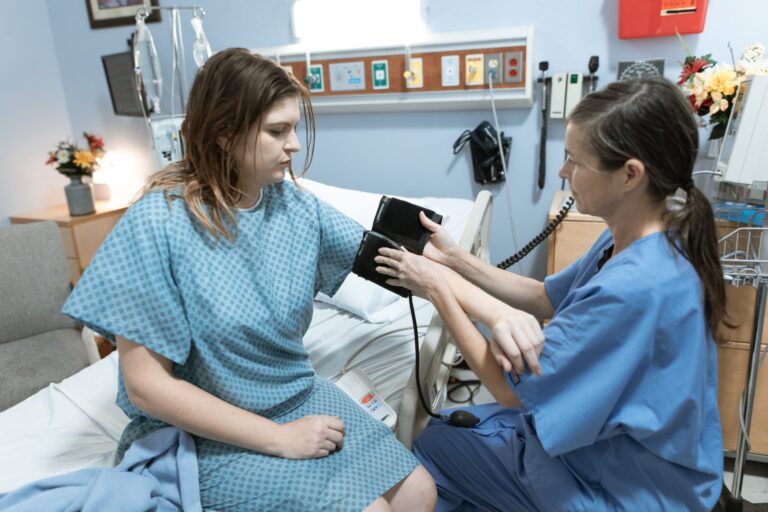Hypertension
Hypertension
Causes and Risk Factors of High Blood Pressure
A person with hypertension (high blood pressure) is typically pictured as an obese, overworked, and irritable male executive. In reality, high blood pressure affects people of all ages, races, social backgrounds, sizes, and even genders. It also affects youngsters. Despite significant progress in recent years, this illness frequently remains untreated or uncontrolled.
What causes Hypertension?

In certain people, the system that controls blood pressure malfunctions, causing arterioles to remain narrowed throughout the body and increase pressure in the bigger blood vessels. Hypertension is the medical term for persistently high blood pressure, which is defined by most experts as readings above 140/90 mm Hg. Most persons with high blood pressure (90%) have “essential” hypertension, which means that there is no known cause. The increased blood pressure is brought on by diabetes, renal disease, or some underlying condition in the remaining 10% of patients.
The reason hypertension is referred to as the “silent killer” is that it doesn’t manifest any symptoms until significant harm has already been done, or at least none that the majority of people are aware of. In the United States, strokes occur at a rate of 500,000 each year, and untreated high blood pressure is the main contributor. Because of the extra labor required as a result of hypertension, the heart may expand and become less effective.
Risk factors you can’t change
You are more likely to develop hypertension if you have certain unchangeable conditions. If you fit into one of the following groups, changing your way of life will help you avoid increasing your risk.
- Heredity
- The likelihood of developing hypertension is doubled in people with a family history of it. Even as infants, a large number of offspring of hypertensive parents have somewhat raised blood pressure.
- Race
- Black people experience hypertension more frequently and with greater severity than white people. Black men, in particular, are more likely to acquire high blood pressure earlier in life and more frequently, often fatally, for reasons that are not fully understood.
- Pregnancy
- The sex of a person has no bearing on their hypertension. However, some women — including those who have never had high blood pressure — could develop it during pregnancy.
Risk factors you can change
The dietary and lifestyle modifications discussed below don’t ensure that high blood pressure will be prevented or reduced.
However, a decrease in cardiovascular disease risk factors will occur.
- Exercise
- Exercise improves cardiovascular health and lowers the risk of developing heart disease. Aerobic exercise for 20 to 30 minutes, at least three times each week, is advised by the majority of experts.
- Calcium
- According to several studies, having high blood pressure may be caused by eating too little calcium. The finest sources of calcium are low-fat dairy products and select leafy green vegetables.
- Magnesium
- Hypertension and a magnesium deficit may be related. Consume magnesium-rich meals like grains and low-fat dairy products.
- Potassium
- A sufficient potassium intake may aid in the prevention or reduction of high blood pressure. A diet high in grains, fruits, and vegetables will provide an adequate amount of potassium because these foods are high in the mineral.
- Polyunsaturated fats
- Blood pressure may drop if polyunsaturated fats are substituted for saturated fats in the diet.
- Relaxation techniques
- Some persons may experience a small, temporary drop in blood pressure as a result of biofeedback, hypnosis, meditation, and other relaxation techniques.
 |
|
Self Monitoring your Blood Pressure Translating Blood Pressure Numbers Monitoring Blood Pressure at home Blood Pressure Awareness Blood Pressure Facts |









I have been dealing with hypertension for about 10 years. Thank you for posting this online.
I have been doing biofeedback and mediation for years now and I have seen a reduction in my blood pressure.